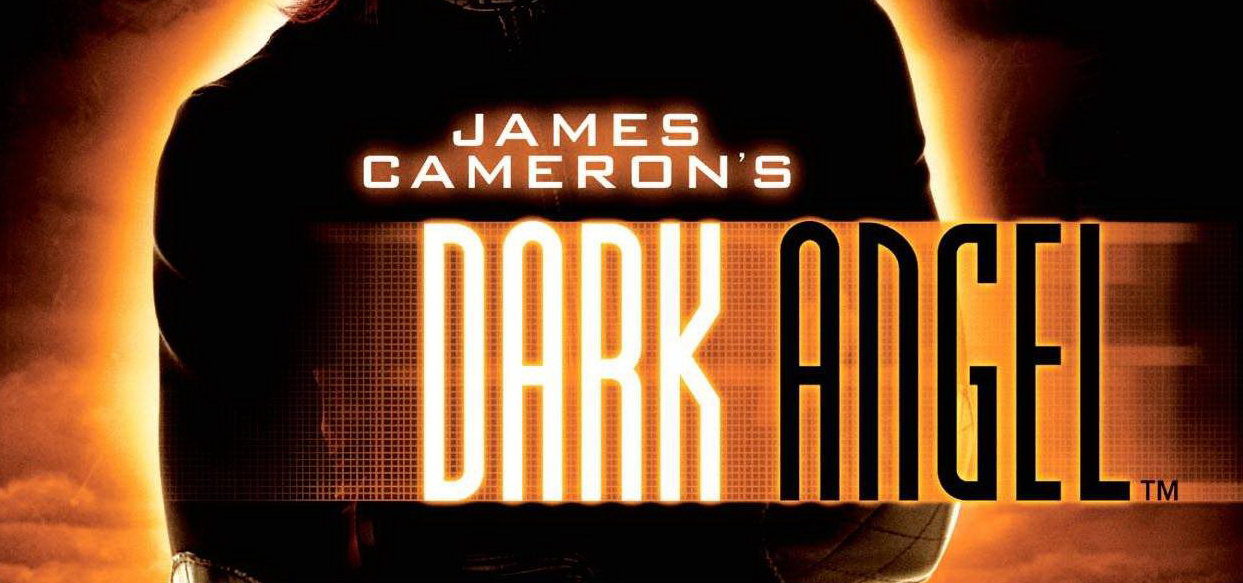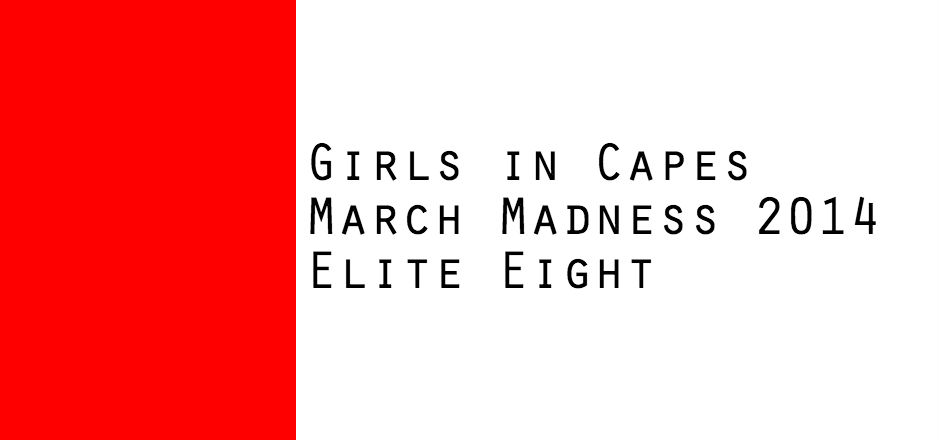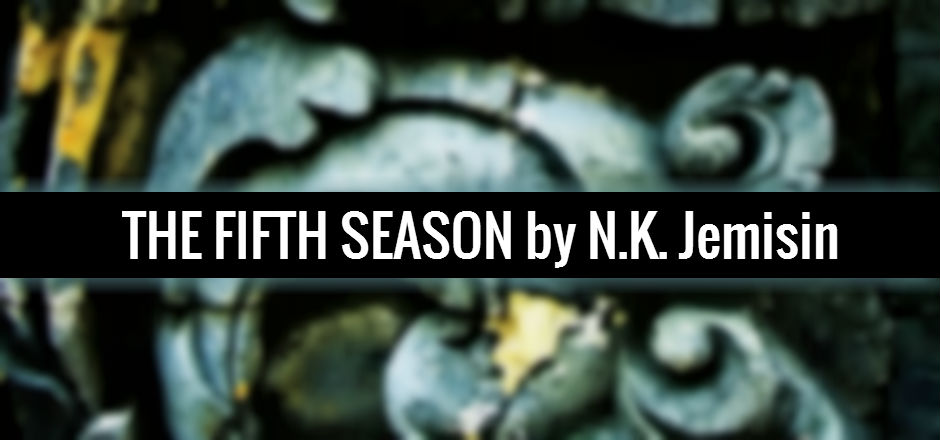One of the first science fiction shows I watched from beginning to end was James Cameron’s Dark Angel, which aired for two seasons in the early 2000s. The series starred Jessica Alba as a genetically-engineered post-apocalyptic hero trying to avoid capture by government agents, find her genetically-engineered siblings, and live a normal life with her friends and others she cared about.
According to IMDb, Dark Angel received several nominations for a variety of awards, and Alba herself received a number of nominations and awards for her role as Max Guevara, such as the Saturn Award for Best Actress on Television. The series received the CSC Award for Best Cinematography in TV Series as well as other editing, cinematography, and visual effects awards nominations.

Jessica Alba in a screencap from the DARK ANGEL pilot.
Certainly, this series captured the imaginations of many during its short run. But for me as a sixteen-year-old girl watching the show years after it went off the air, one thing about Jessica Alba and Dark Angel stuck out to me more than anything else: it was then and remains to be the only science fiction show I can recall that features a Hispanic or Latina woman as its protagonist.
Max isn’t explicitly stated to be Hispanic, but Jessica Alba herself is mixed and of Mexican ancestry, and the character’s Spanish surname suggests this may be the case. If it is, then Max Guevara is something rare and beautiful: a strong Latina character in TV and movies.
Looking at science fiction media to find Hispanic and Latino characters is like trying to find a blade of grass in a haystack, and don’t even get started on looking in fantasy media. Though over 300 million Americans are of Hispanic or Latino origin, accounting for about 16 percent of the population, it’s incredibly difficult to find Latino characters in speculative fiction, and in many cases, Latino actors rarely represent Latino characters: Alba, for example, is often cast in “white” roles because of her fair skin, while another popular sci-fi actor, Gina Torres, is often cast as “black” despite being of Cuban descent.
Some lack of Hispanic and Latino character casting may be related to widespread confusion over what each term actually means. Generally speaking, “Hispanic” is more often used to describe heritage or nationality group, while “Latino” is a more cultural term encompassing language and community, and those who identify as Latino are often born in the United States. As mentioned, Hispanic and Latino people made up 16 percent of the U.S. population as indicated by the 2010 Census, so where are the Hispanic and Latino characters in geek culture?
Hispanic Heritage Month runs from September 15 to October 15 and is a celebration acknowledged by the U.S. government. For the September issue of Girls in Capes, we’ll explore the achievements of Latino/a creators and artists and discuss some of the issues around how Latino/a characters are represented in our favorite geeky things – if they’re represented at all.
What Latino/a characters in geek culture are your favorites? Which characters would you like to see in more prominent roles?
Feliza Casano is the founder and editor in chief of Girls in Capes and writes for all sections of the web magazine. Follow her on Twitter @FelizaCasano.






